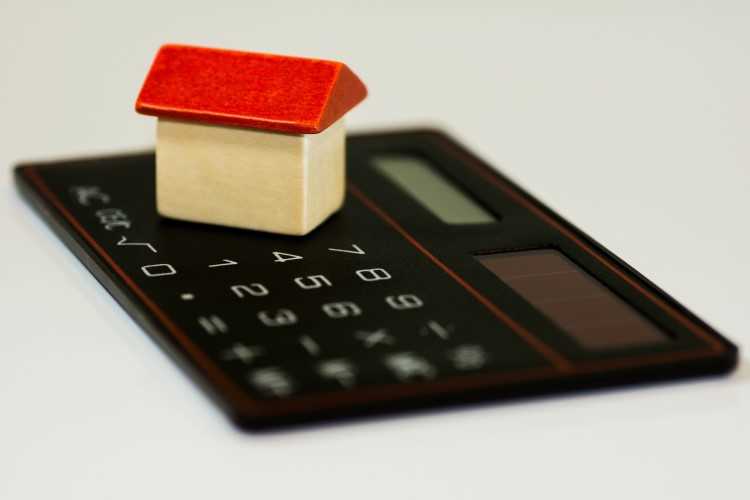
A positive development on the housing sector was recorded last Friday as ANZ Bank’s housing credit impulse increased in July, according to Business Insider Australia.
The data implied that price drops may occur at a slower pace moving forward.
“Within the details [of the Reserve Bank of Australia’s (RBA) private sector credit report for July], the most notable shift was an improvement in credit for housing investors, which rose 0.1%, after declining in June,” ANZ noted.
“[Despite] credit growth to owner-occupiers slowing to 0.5%, the lift in housing credit was sufficient to boost the housing credit impulse, which tends to lead changes in housing prices.
“While only a single data point, it is a positive sign as a sustained improvement in the credit impulse would be a lead indicator of stabilisation in housing prices.”
There is a downside though. ANZ noted that it’s not a good idea to generalize the next market movement basing only on a one-month data. With the stricter lending rules and a mortgage rate hike from one of the major banks, the situation remains tricky.
Reporting on the private sector credit, the central bank said that housing credit increased by 5.5% in the year to July.This is slowest increase in the last five years.
Credit extended to owner-occupiers, meanwhile, increased by 7.6% over the year, also the slowest increase since August 2017.
Similarly, investor credit growth sat on the weakest level on record, rising to 1.5%,
Again, the downturn of percentages can clearly be associated with stricter lending rules. Bearing the brunt of the declines were high loan-to-income and interest-only borrowers, among others.
ANZ Bank’s housing credit impulse is a measure of the change in housing credit growth.
Collections: Mortgage News


Share